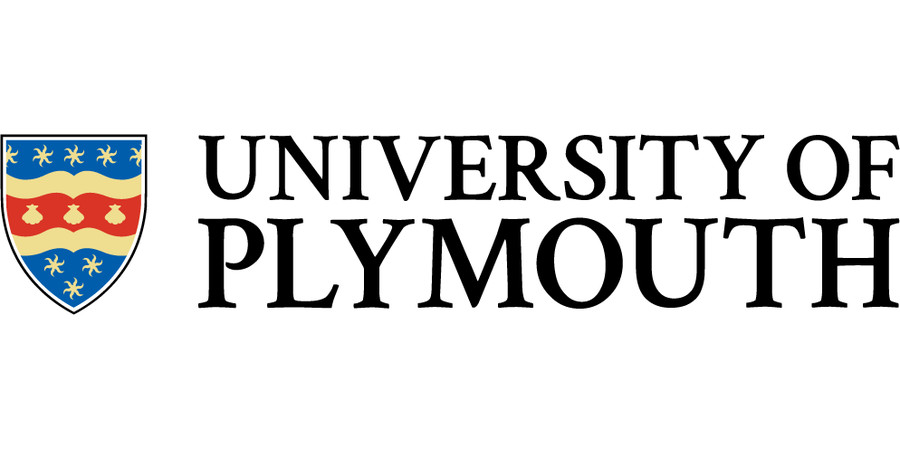PhD Environmental Sciences - “From Oceans to Clouds: Is the Antarctic Ocean Microlayer a Source of Cloud Forming Particles?”
University of Plymouth
| Qualification Type: | PhD |
|---|---|
| Location: | Devon, Plymouth |
| Funding for: | UK Students, EU Students, International Students |
| Funding amount: | £20,780 per annum 2025-26 rate (2026-27 UKRI rate TBC) |
| Hours: | Full Time |
| Placed On: | 13th November 2025 |
|---|---|
| Closes: | 7th January 2026 |
DoS: Dr Floortje van den Heuvel, British Antarctic Survey
2nd Supervisor: Professor Mark Fitzsimons
3rd Supervisor: Dr Markus Frey, British Antarctic Survey
4th Supervisor: Dr Freya Squires, British Antarctic Survey
Applications are invited for a 3.5 years PhD studentship, starting 01 October 2026
Project Description
Scientific background
Clouds can have a warming or cooling effect on the Planet depending on their phase. Cloud water droplets and ice crystals form on a subset of aerosol which can act either as a cloud condensation nucleus (CCN) or as an ice nucleating particle (INP). Ice clouds tend to have shorter lifetimes and a lower albedo (reflecting less solar energy back into space) than clouds which contain large numbers of water droplets. It is therefore critically important to understand the sources of CCN and INP, and how these sources might change, to make future climate predictions. Because of its remoteness, sources of cloud nuclei in Antarctica are predominantly of natural origin, including sea spray, sea ice, blowing snow, dusts, biological etc.. However, these natural sources are themselves also subject to climate change. The research question for this project is: What effect will reduced sea ice and expanding (and warmer) open oceans around Antarctica have on the CCN and INP concentrations, and ultimately on clouds?
You will be working at the British Antarctic Survey (BAS) embedded in the Atmosphere, Ice and Climate (AIC) team where you will combine aircraft vertical profiles with aerosol measurements from Rothera station to study sea surface aerosol emissions and new particle formation processes; and their ability to affect cloud formation aloft. You will be performing lab-based experiments on physical samples of sea water and ice (collected during previous campaigns) in the aerosol and trace gas lab at BAS and at the biogeochemistry research centre at the University of Plymouth (UoP). There might also be opportunities to carry out polar field work at a research station or on board a research vessel.
We will train you to become an expert in atmospheric measurement techniques and involve you in field work planning and in our team meetings. You will be part of the vibrant BAS PhD cohort and be able to benefit from training opportunities at BAS, the UoP or summer/winter schools.
We are looking for an enthusiastic individual with a background in chemistry, physics, atmospheric/marine sciences or equivalent, and with experience in (or a desire to learn) programming.
Eligibility
Applicants should have a first or upper second class honours degree in an appropriate subject or a relevant Masters qualification with a background in chemistry, physics, atmospheric/marine sciences or equivalent, and with experience in (or a desire to learn) programming.
If your first language is not English, you will need to meet the minimum English requirements for the programme, IELTS Academic score of 6.5 (with no less than 5.5 in each component test area).
If you wish to discuss this project further informally, contact Dr Floortje van den Heuvel, flovan@bas.ac.uk.
Please see here for a list of documents to upload with your application.
Please click on the 'Apply' button above for further information on funding and to apply.
Closing date for applications on 7th January 2026.
Funding amount: The studentship is supported for 3.5 years and includes a stipend from £20,780 per annum 2025-26 rate (2026-27 UKRI rate TBC)
Advert information
Type / Role:
Subject Area(s):
Location(s):









